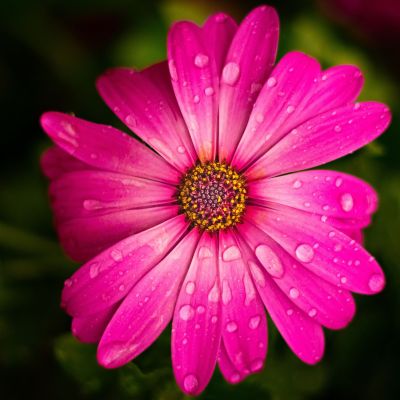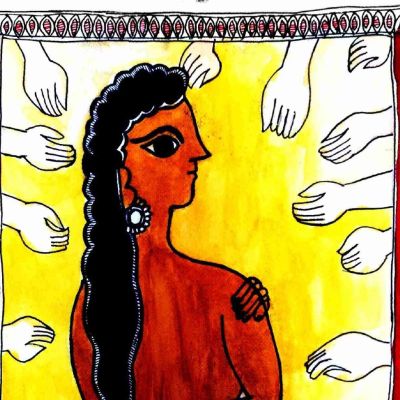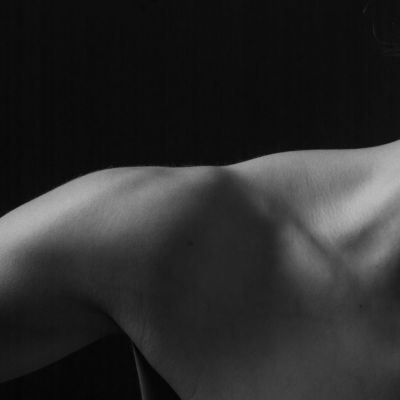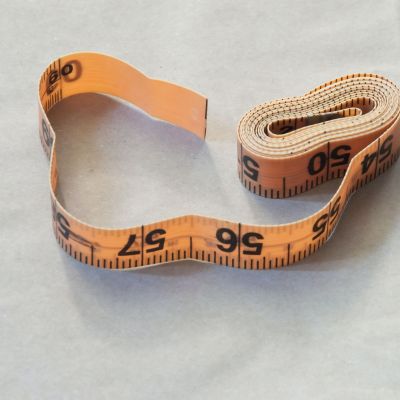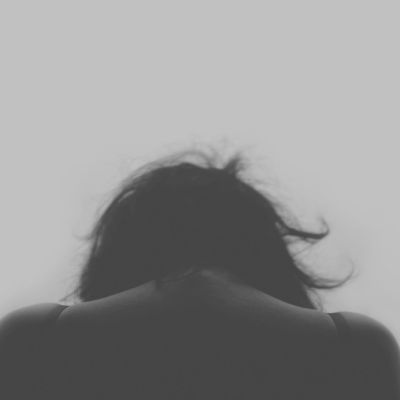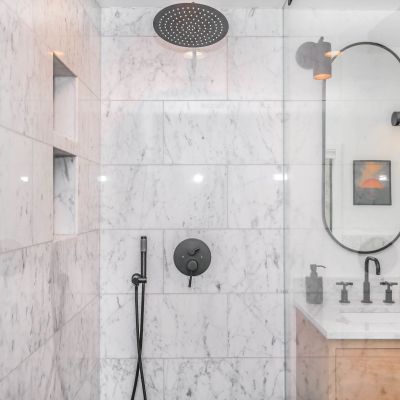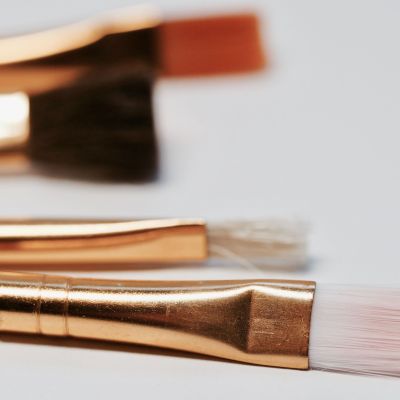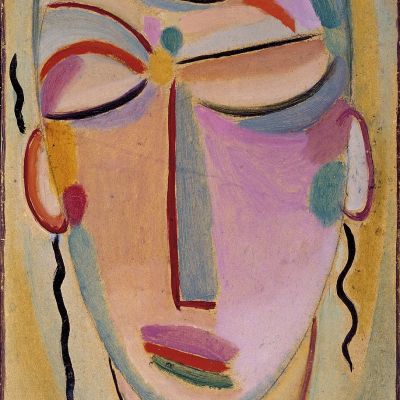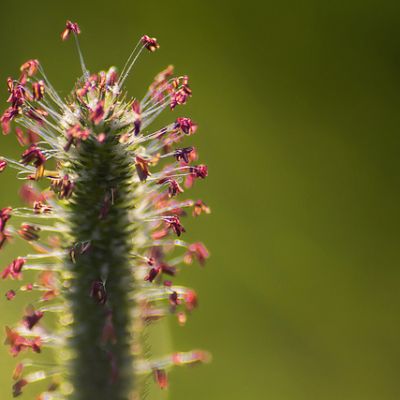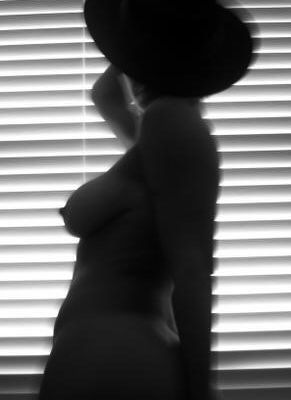Beauty
Why must others judge her appearance and grace
When true beauty is not confined to a face?
In a world obsessed with the outer shell,
She knows in her heart inner beauty dwells.
Women’s bodies are considered as symbols of izzat and abru (honour and dignity) making it the woman’s responsibility to ‘protect’ her sexuality, while at the same time, her sexuality is controlled by patriarchs.
Our most powerful, sexy, responsive and attractive sexual organ may be the mind, but it is through the body that we express and experience our sexuality. Our body is our first and primary home; whether we truly feel at home in it is another matter.
The simple truth is that my body and I are having an affair. We each obsess about the other, ask questions and desire each other so much, that it often borders on the shameless. My body is more in love with me, I suspect, than the other way around.
Like some perverted Pavlovian desire,
the wafting smell of fresh soap
that fills up the air in the bath
has my pupils dilate when walking out.
Waxing my body for the first time last year to have silky skin like the women on Veet’s box but ended up with rashes instead.
It wasn’t that she had never heard of homosexuality; but, in her imagination, gay men and women were an exotic species, not real people who could, perchance, be fellow passengers on a bus, fellow shoppers at a mall, or a fellow beginner in a meditation class.
Each time I would look into the mirror, I would see the love handles bulging through my shirt and cringe inwardly. Mills and Boon had convinced me that my body was not loveable like that of the thin, beautiful protagonists, and thus, there would no knights coming for me on horses, now or later.
Beauty gleams in unexpected places, but its effulgence turns to tawdry glitter when it is shaped and squeezed into form-fitting frames. Rigid ideas of what is beautiful or desirable can reinforce oppressive structures. However, when these concepts are more flexible they can be subversive as well.
Bleaching syndrome is not a superficial fashion, it’s a strategy of assimilating a superior identity that reflects a deep-set belief that fair skin is better, more powerful, prettier. And it’s not limited to India; skin bleaching is also common in the rest of Asia and in Africa.
A woman can be more than something that just exists in a marital home, a woman can be more than just a beautiful body used as a mere decoration in the household. Isn’t it high time we talked about the problems of the terminology used to define beauty and the association of it with sexuality if Chughtai tried doing this in 1941?
“It’s fascinating Yasmina, but also scary how sex or sexualising something can be ignited from our need for beauty that probably stirs positive emotions that we consider beautiful, such as feeling pleasure. But you know as well, desiring what we think is beautiful can generate fluidity: I can never know what I am exactly. All I know is that I was with men, and I was with women, and all of them tickled something within me. “
“I realised plus-size acceptance is neither a movement to eat whatever you want nor is it about placing restrictions,” Amina said. “It’s about being kind to your body and realising you are not defined by the size of your waist.”
Should we train it to think well, all these minds would see reason in similar things and they would come up with the same absolute reality – a universal Truth. That Truth would be a reflection of the Natural order for all humankind. That Truth alone would be beautiful.

